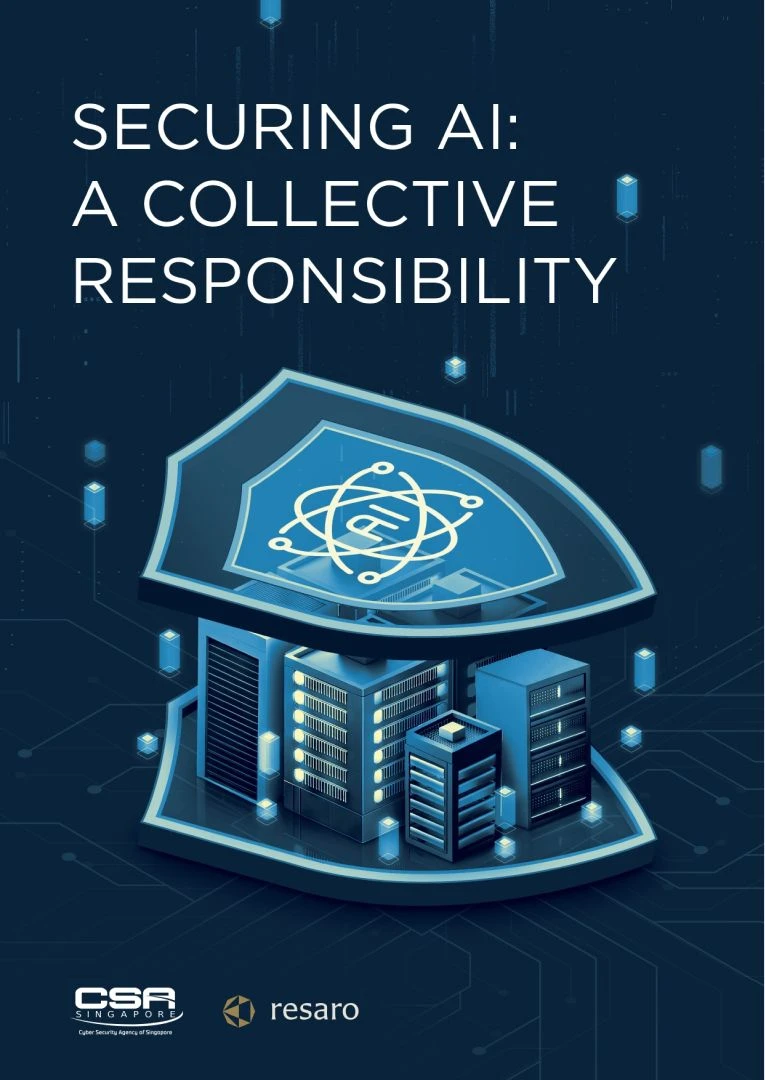AI has the potential to drive efficiency and foster innovation across sectors, from healthcare and commerce, to the delivery of government services. In cybersecurity, it is expected to alleviate the workload for analysts and operators while aiding in the combat against emerging threats.
However, the adoption of both traditional and generative AI will exacerbate existing security risks and introduce new challenges. As with existing digital systems, malicious attacks on AI can undermine user confidence in the technology, and ultimately limit the value they can derive from it.
Speaking on 16 October 2024 at Singapore International Cyber Week (SICW)’s High-Level Panel: Can AI Be Secure, Senior Minister of State for the Ministry of Digital Development and Information and the Ministry of Health, Dr Janil Phuthucheary announced that the Cyber Security Agency of Singapore (CSA) has collaborated with Resaro to release a paper on AI security risks.
Titled ‘Securing AI: A Collective Responsibility’, the paper explores:
- How AI security differs from traditional IT security, and the unique risks and vulnerabilities that arise from the inherently adaptive nature of AI
- How these risks can be addressed through a collaborative, multi-stakeholder effort at both the organisational and ecosystem levels, as well as discuss the roles that various players in the AI ecosystem should undertake to ensure secure AI adoption
- The four key pillars that governments, industry, experts, and academia should focus on to
